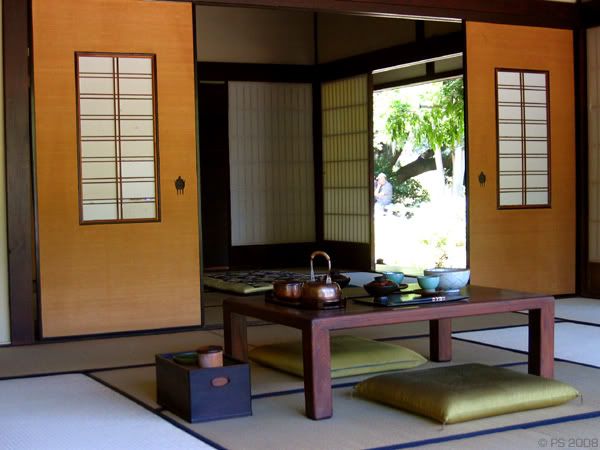SCMP Sunday March 31 1996
Black wins in beverage battle
Michelle Chin

GREEN tea could be a healthy choice for thousands of Hong Kong people with high cholesterol – but its popularity is rock-bottom with tea lovers.
Instead of the weak, light brew which is exciting pharmacists, Hong Kong connoisseurs clamour for the strong, black taste of pu-erh, the tea least effective at reducing cholesterol.
And industry experts doubt doctors can engineer a U-turn in tea tastes, regardless of any cholesterol-attacking properties of green tea.
Green tea accounts for only five per cent of Chinese teas which are consumed in Hong Kong, while pu-erh tea accounts for more than 50 per cent.
Drinkers sip on about 30 tonnes of green tea annually while pu-erh lovers gulp more than 3,000 tonnes of their favourite brew.
Hong Kong & Kowloon Tea Trade Merchants Association chairman Kwok Wan-lung said that local people simply had little taste for green tea.
‘They think green tea is too cool in nature, that it is for weak people. They may not be able to bear it,’ Mr Kwok said.
‘Elderly people are particularly afraid of being cooled by it.’ Green tea, which originates from Hangzhou, is more popular among Shanghainese and can cost from $60 a tael (30 grams) to $300 a tael for deluxe leaves.
Tea art teacher Alice Shum said Hong Kong people preferred stronger teas.
‘Local people don’t give green tea much credit because it is so weak that its taste doesn’t vary very much, unlike the fermented teas,’ Ms Shum said.
‘Chinese green tea is also said to have agents which can prevent cancer. But this also fails to make it more appealing to the territory’s tea lovers.
‘Oolong is my favourite. I don’t think I will switch to green tea as I don’t have a cholesterol problem at all,’ she said.
Mr Kwok said Chinese green tea was famed among Italians and Africans for its ability to cool one’s body temperature.
‘I don’t think this study will have a strong impact on people’s drinking patterns,’ he said.
‘Hong Kong people are unlike the Japanese, who are more likely to take every word given by doctors seriously,’ said Mr Kwok.